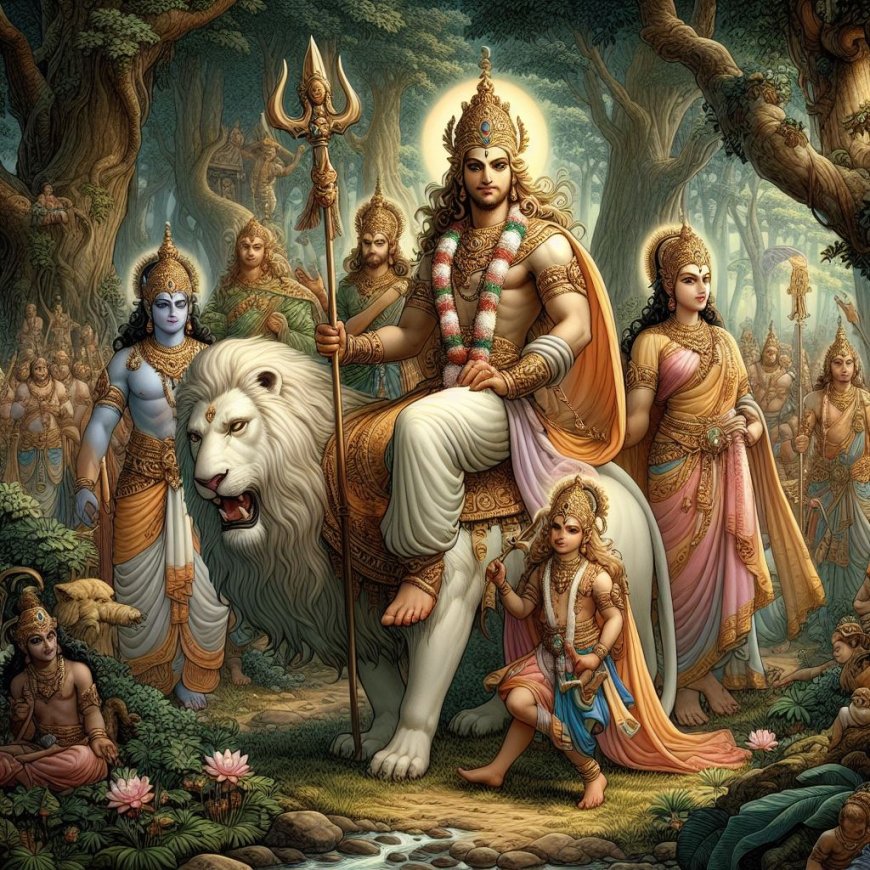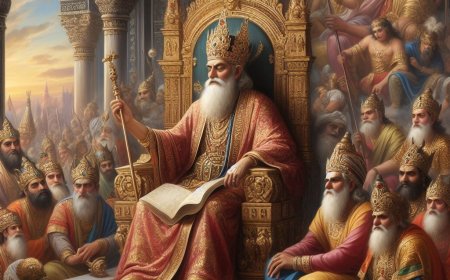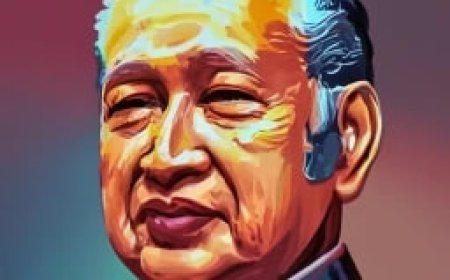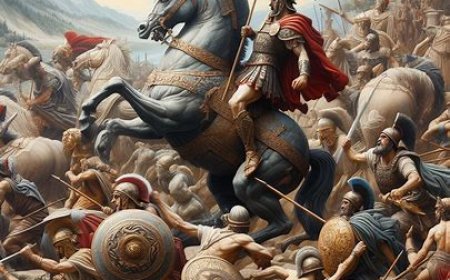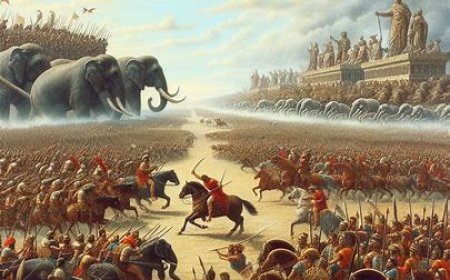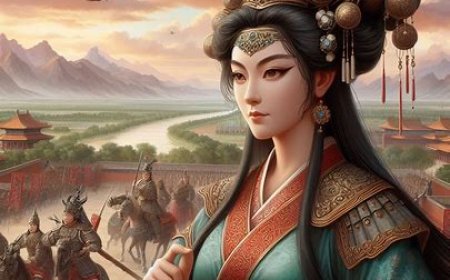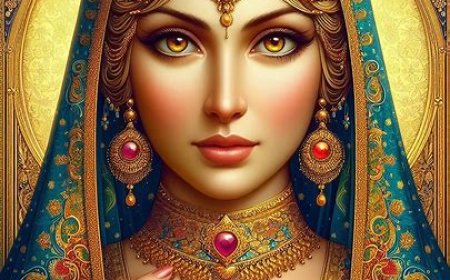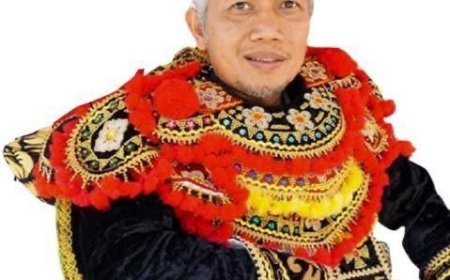The Pandavas, consisting of Yudhishthira, Bhima, Arjuna, Nakula, and Sahadeva, are central figures in the epic Mahabharata. They are known not only for their courage and skills in various aspects of life but also for their deep loyalty to their mother, Kunti. This loyalty is a key theme that runs through the epic narrative.
Kunti, as a mother figure, plays a crucial role in the lives of the Pandavas. From a young age, they were taught by Kunti to always live in truth, justice, and to respect the values of dharma. Kunti, who herself faced many difficulties, such as being a young widow and having to raise her children alone, becomes a symbol of strength and resilience in the Mahabharata.
The loyalty of the Pandavas to Kunti is not just about feelings but is also manifested in their actions. They always seek advice and blessings from Kunti in every significant step in their lives. For instance, when Yudhishthira had to gamble and faced a moral dilemma, he sought advice from Kunti. Similarly, when Arjuna had to fight against his own teacher and relatives, he found moral strength in the teachings of Kunti.
Furthermore, the loyalty of the Pandavas to Kunti is also reflected in how they treat other women in their lives. They are known for respecting and protecting women, a value inseparable from the influence of Kunti. Even in the most challenging situations, such as when they had to go into exile and live in anonymity, the Pandavas continued to uphold Kunti's teachings of dharma and truth.
This loyalty also plays a crucial role in maintaining the integrity of the Pandava family during various trials and tribulations, including when they lost their kingdom and had to live in the forest for 13 years. Kunti, with love and wisdom, was always there to provide them with strength and guidance.
In conclusion, the loyalty of the Pandavas to Kunti not only demonstrates a close mother-child relationship but also serves as a significant pillar supporting the values of dharma in the Mahabharata. They see Kunti not only as a mother but also as a teacher and moral guide in life. This loyalty provides us with insights into the importance of family values and adherence to dharma in ancient Indian traditions. (Gate13)
